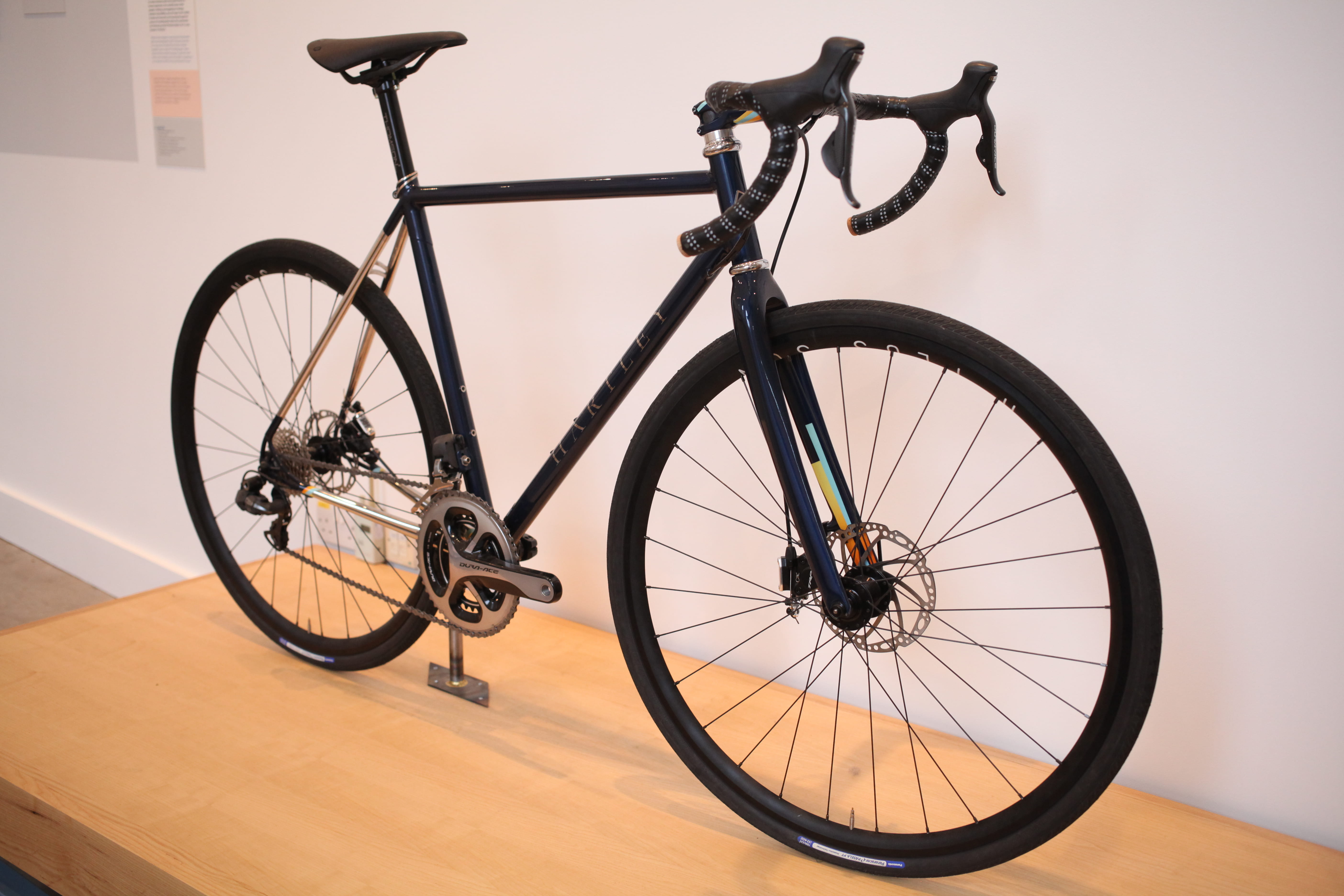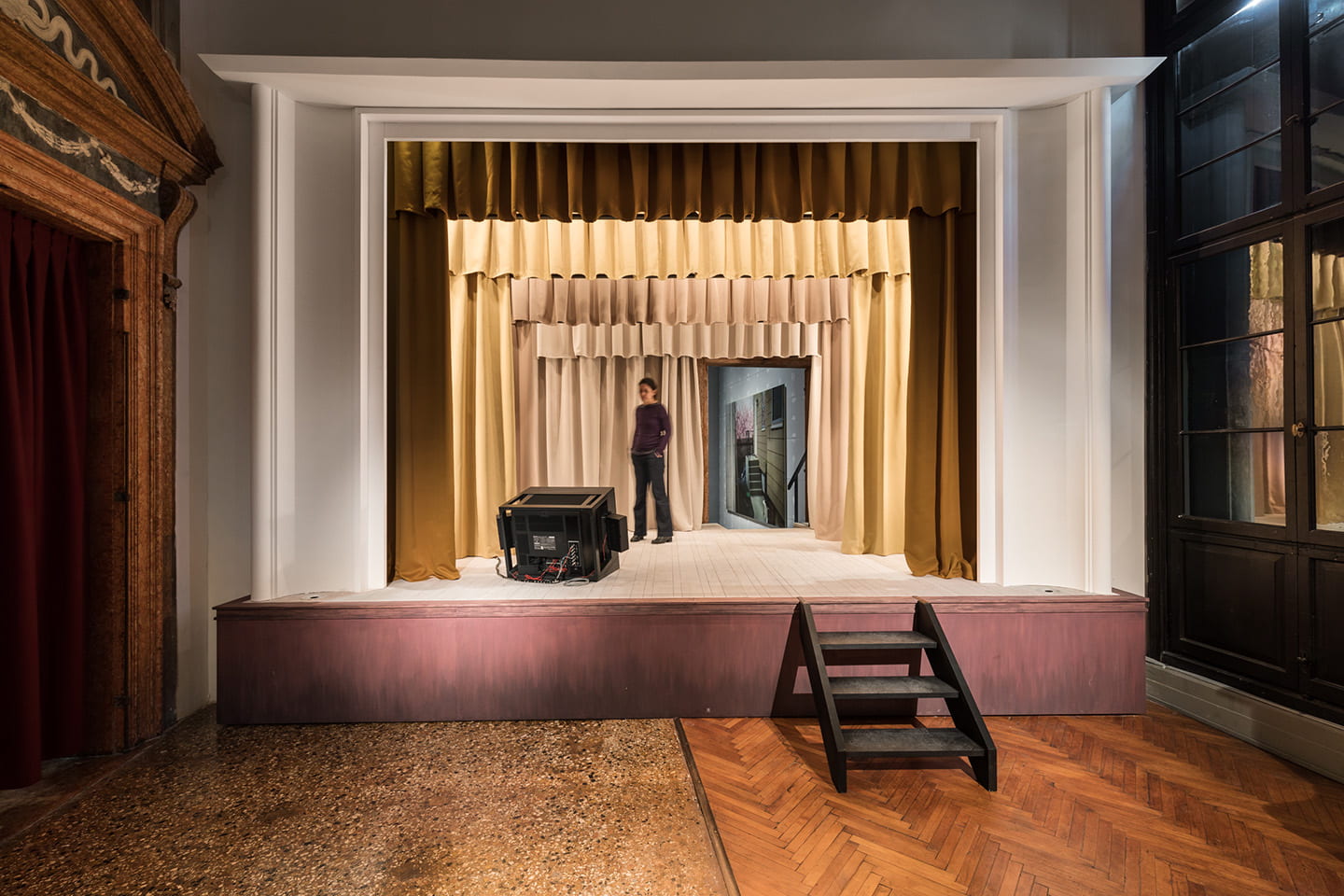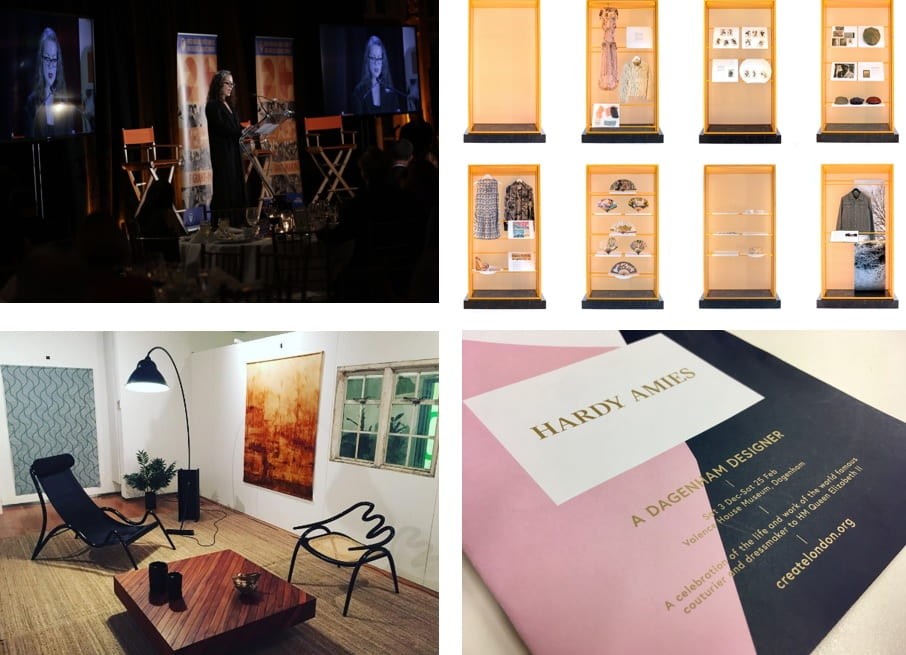The Liberian peace activist Leymah Roberta Gbowee is quoted as saying, “You can never leave footprints that last if you are always walking on tiptoe”.
Today, as I announce that I’ve been appointed the next Warden of Goldsmiths, and will be leaving London College of Fashion, UAL – where I’ve been Head of College for the last fourteen years – I’m reflecting on the footprints I have made.
When I joined LCF from a fine art background in 2005, the power of fashion as a subject immediately struck me, and so too the dichotomies set within the subject and its industry. At that time, the concept of sustainable fashion was in its earliest formation, with only images of bland hemp clothing springing to mind. I knew that if these contradictions could be highlighted and tackled anywhere, it could be done at LCF – and this became my vision. How to represent fashion in the context of social, environmental, ethical and economic developments.
To some extent it was an exercise in brand. How to talk about sustainable fashion, how to explain it, describe it, design it and make it – all the while maintaining desirability and cool, synonymous with our expectations.
When we launched the Centre for Sustainable Fashion in 2008 the focus was on resilience – both human and ecological – as a way of considering design within a business focus. The Centre’s achievements over the last ten years have been significant and earlier this year the Government’s Environmental Audit Committee launched its ‘Fixing Fashion’ report calling an end to the era of throwaway fashion and a strengthening of the modern slavery act as well as encouraging schools to teach the creation and repairing of clothing.
As a college we have focused our efforts around many of these issues and played an active role alongside government as a voice for change.
I have been lucky enough to frequently be that voice in the room, and I will continue to be so as long as the need is there.
This year, one of our graduates Bethany Williams was awarded the Queen Elizabeth II Award for British Design. Bethany’s work beautifully demonstrates that fashion can be designed and made with people and planet in mind and she is now one of many LCF graduates who are using their education to make a real difference across the breadth of today’s fashion industry. I’m so proud of all of the students and graduates that have been at LCF, since I started as Head but more importantly since the College started out in 1906. Each and every one is testament to the earliest mission of LCF as a place of giving opportunities for young people to develop their skills, make a living and contribute to our civic society.
Bethany’s work also supports LCF’s long term project ‘Making For Change’ which is another of our collective achievements close to my heart. It’s has been ten years since we started working with the Ministry of Justice to run projects and rehabilitation focused training for female offenders. This work hasn’t always been easy and we’ve been driven by a clear purpose but, there has been plenty of doubt and red tape along the way.
Certainly no scope for tiptoeing when it comes to what still needs to be done in this area, which is why I’m delighted with the introduction of our ‘Better Lives’ unit, now available for all undergraduate students to prepare them for an industry which needs to re-think how it does business, how it innovates and integrates with emergent technologies and how it develops its people.
People. What a frequently used and yet vital word. When I’ve been asked, over the years, why is LCF so great? I’ve immediately talked about its people. At London College of Fashion I have been lucky enough to work with staff who are committed, driven, energetic and demanding. People who believe, like me, that creativity must be celebrated and recognised for the contribution it makes to our societies and our cultures. That together, we do shape lives.
Our students are amazing, I’ve been privileged to hear their ideas, their concerns and their ambitions. Being Head of this College, as with any, brings great responsibility and I hope that I have met this during my time here, and will continue to do so.
In 2014 I wrote about ‘Why Fashion Matters’ and I’ve continued to write about it here on this blog. And it does. Matter. And it will continue to matter for me long after I’ve left LCF.
I feel honoured to have had the chance to learn so much about the heritage and craft which is intrinsic to the fashion industry as well as discover, and see first-hand, new emerging technologies and innovations which can be daunting and exciting in equal measure.
It is this responsiveness to change and evolution which sits at the heart of the College’s move to a new single site on the Queen Elizabeth Olympic Park, as part of the Mayor’s vision for East Bank. Working with talented and supportive colleagues at LCF, and across UAL, to have got to this point in the project has been immensely rewarding, thought-provoking and challenging!
In the original brief I wanted to prioritise our need for a permeable building, one that truly encouraged a new set of ‘visitors’ to LCF. I know that the College’s plans for enhanced public engagement and chances to work as part of the East London community in creating new opportunities around access to skills, education and innovation will have a major impact. In fact the impact is there already, with much of our work being taken into local schools and community groups. I’m excited to see how the project progresses and will continue to be a champion of its ambition.
Early on, when writing about the legacy of the Queen Elizabeth Olympic Park and the development of this cultural and education district, the Guardian’s Oliver Wainwright stated that UAL’s London College of Fashion will mean “ready-made beautiful people to drape themselves stylishly across the terraces.” At the time I was disgruntled and disheartened by his comment. I felt it supported a rather myopic view. In my public response I stated that “Fashion is not a frivolous subject and fashion colleges are not full of people focused on draping themselves about. We have far too much to be getting on with.”
And that’s where I’ll leave this post, because there’s far too much to be getting on with.
LCF will continue to thrive and move forward and I’m just lucky to have been able to play a part in its history. Let’s all tread boldly, and let’s all keep making footprints that last.




